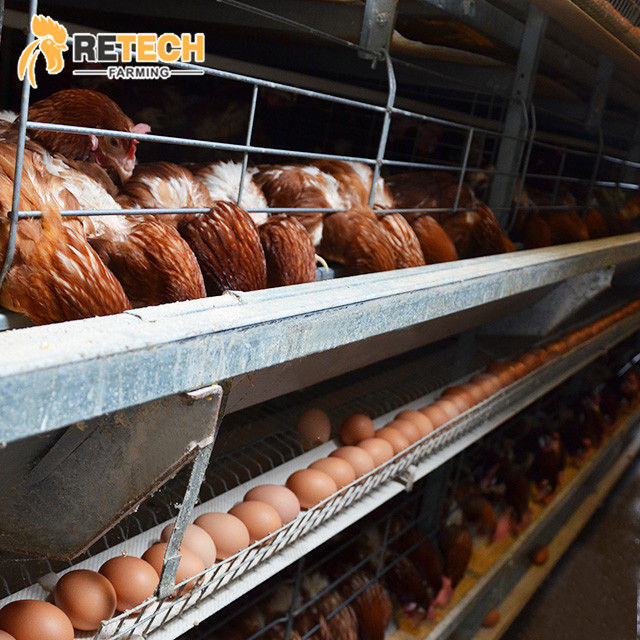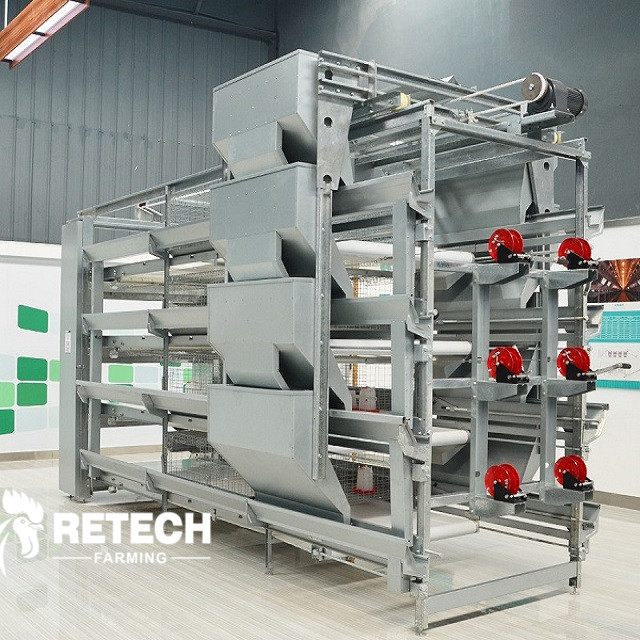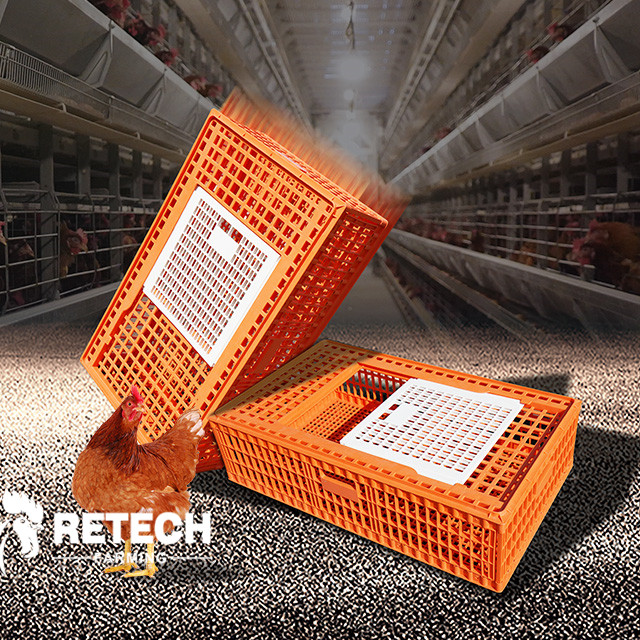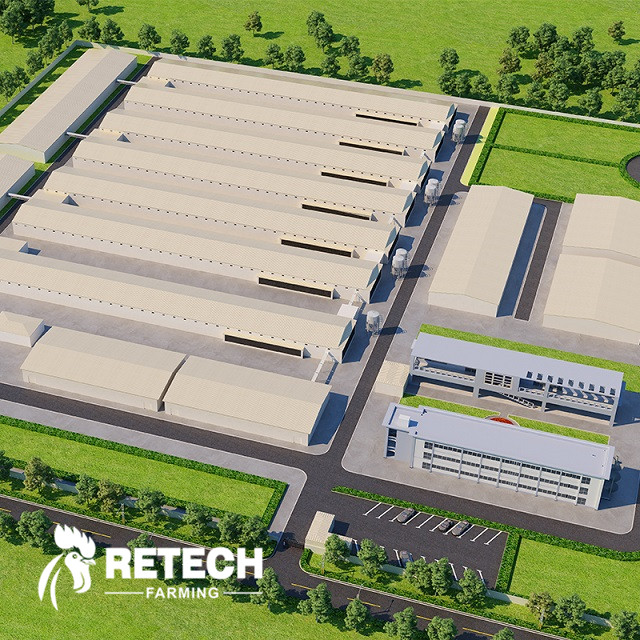References
-

What conditions should be met for large-scale breeding of laying hens
(1) Excellent varieties. The principle of selection of fine varieties: strong adaptability, high yield and material saving, body shapeThe size is moderate, the color of the eggshell and the feather is moderate, and the product is favored by the market. (2) High-quality nutritional feed system. In...Read more -

Pullet chickens management knowledge-Rounding and Management
Behavior is an important expression of all natural evolution. The behavior of day-old chicks should be checked every few hours, not only during the day, but also at night: if the flock is evenly distributed in all areas of the house, the temperature and ventilation settings are operating correctl...Read more -

Pullet chickens management knowledge-Transport of chicks
The chicks can be transported 1 hour after hatching. Generally, it is better for the chicks to stand up to 36 hours after the fluff is dry, preferably not more than 48 hours, to ensure that the chicks eat and drink on time. The selected chicks are packed in special, high-quality chick boxes. Each...Read more -

Pullet chickens management knowledge-Selection of chicks
After the chicks hatch eggshells in the hatchery and are transferred from the hatcher, they have already undergone considerable operations, such as picking and grading, individual selection of chicks after hatching, selection of healthy chicks, and removal of weak and weak chicks. Sick chicks, ma...Read more -

Breeding and management of broilers, worthy of collection!(1)
The correct way to observe the chickens: do not disturb the chickens when entering the chicken cage, you will see that all chickens are evenly dispersed throughout the chicken cage, some chickens are eating, some are drinking, some are playing, some are Some are sleeping, some are “speaking...Read more -

Pay attention to these points in winter management of laying hen farms
1.Adjust the flock in time Before winter, sick, weak, disabled and non-egg-producing chickens should be picked out and eliminated from the flock in time to reduce feed consumption. After turning on the lights in the winter morning, pay attention to observe the mental state, food intake, drinking ...Read more -

How to choose a chicken farm?
The site selection is determined based on a comprehensive evaluation of factors such as the nature of breeding, natural conditions and social conditions. (1) Principle of location selection The terrain is open and the terrain is relatively high; the area is suitable, the soil quality is good; the...Read more -

Make raising chickens easier, what you need to know
Brooding stage 1. Temperature: After the chicks are out of their shells and bought back, the temperature should be controlled within 34-35°C in the first week, and drop by 2°C every week from the second week until the dewarming stops in the sixth week. Most chickens can be heated in a brooding ro...Read more -

Differences between Battery Cage System and Free-range System
The battery cage system is far better for the following reasons: Space Maximization In Battery Cage System, One cage holds from 96, 128, 180 or 240 birds depending with the preferred choice. The cages dimension for 128 birds when assembled is length 187...Read more







